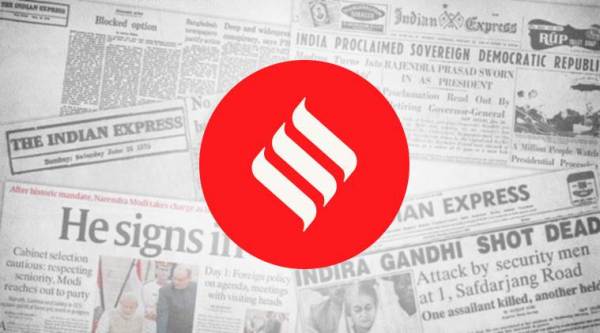
The Centre’s decision to shut down National Highway 44’s Udhampur-Baramulla section twice a week to civilian traffic in order to facilitate troop movement is ill-advised. The attack on a CRPF convoy that killed 40 jawans was an intelligence failure that imposed a huge cost on the nation and took India and Pakistan to the brink. But closing down 275 km of a highway that is the only connection between different parts of the Valley, and between Jammu and Kashmir, twice a week, is punishing the entire population of Kashmir for an attack that was carried out, by its own admission, by the Pakistan-based Jaish-e-Mohammad. At the height of the militancy, traffic on the road at vulnerable points would be cleared for about 30 minutes while the convoy passed. In places like Baramulla, such stoppage would last no longer than a few minutes. Read another way, the decision is a serious admission of the government’s failure in Kashmir. It means the situation has deteriorated so much that it is no longer in a position to guarantee the safety of its own security convoys. This is contrary to what the government had earlier sought to strenuously project about the crisis in Kashmir — that only a “a handful of leaders” and a “few misled youth” are to blame.
Even in the bloodiest civil wars where government controls little or no territory, security forces strive to keep roads open, because this is, firstly, a sign of control over land; and more importantly, it sends out a message to the people that however serious the government’s problems with insurgents, it views the population and its daily concerns as separate from the conflict. Underlying such separation is the idea that the government has to win the trust of the people, and keep it, even as it deals with the insurgency.
The BJP may reckon that striking a muscular posture in Kashmir may win Prime Minister Narendra Modi and the party more votes in an election in which there are several inconvenient questions — about unemployment, demonetisation, and even the enormous toll of civilian and security lives in Kashmir in the last five years compared to the previous 10 years. But it must know that road closure can only do more damage to Delhi’s case in Kashmir, alienate the people further, provide more grist to the enemy’s mill. The government must withdraw this blunt instrument, and find some other way of protecting the movement of security personnel in the Valley.